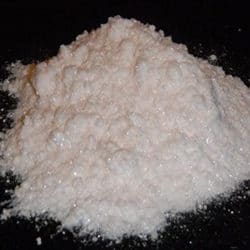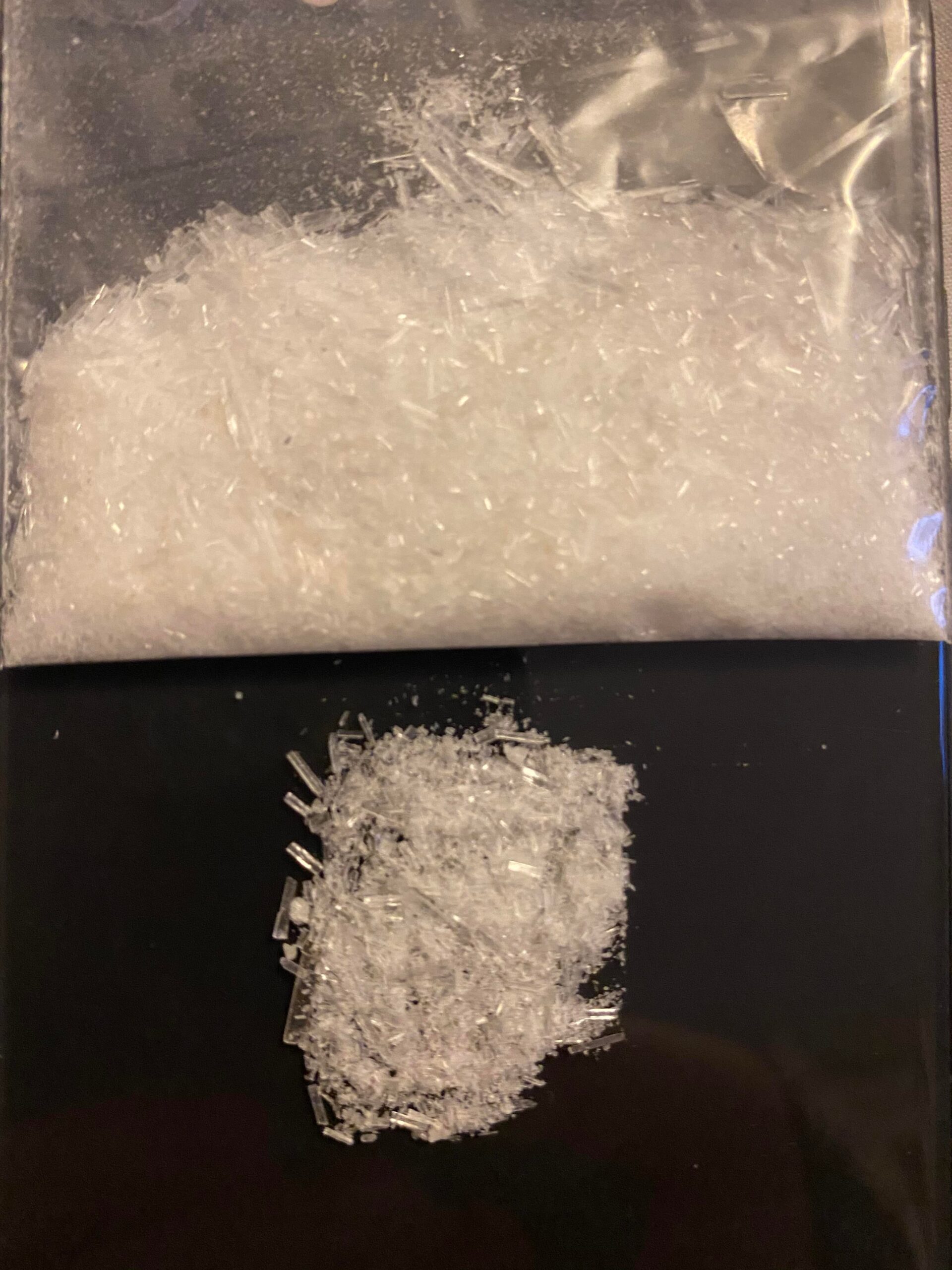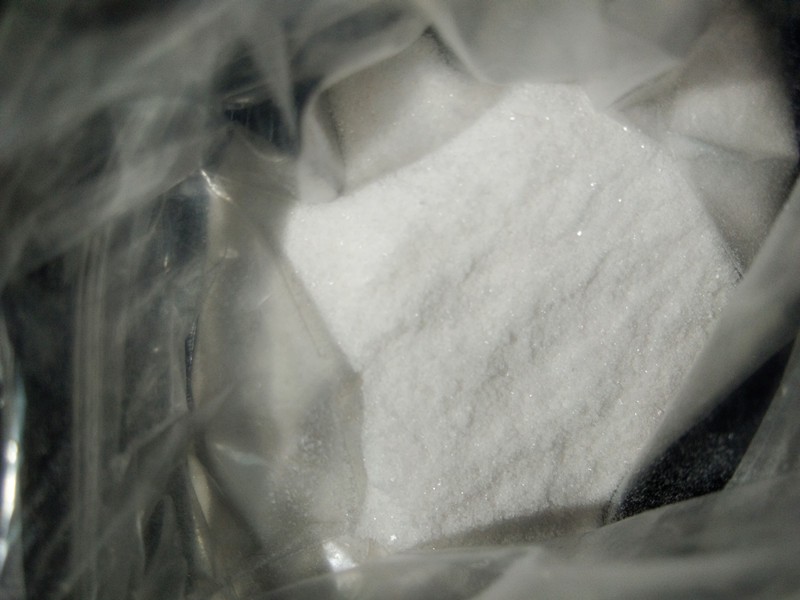Description
Introduction: What is Ketamine?
Ketamine is a dissociative anesthetic developed in the 1960s, commonly used in veterinary and human medicine for its rapid pain-relieving and sedative properties. More recently, its psychedelic-like effects have caught the attention of researchers exploring its potential to treat major depressive disorders and anxiety where other medications have failed.
Today, ketamine is being studied extensively for mental health benefits, offering promising alternatives in cases of treatment-resistant depression (TRD), suicidal ideation, and PTSD.
Medical Use of Ketamine: Breakthrough for Mental Health
The FDA approved ketamine’s close cousin—esketamine (Spravato)—for TRD in 2019. Since then, private clinics have begun offering ketamine infusions in a controlled, clinical environment. In the UK, ketamine treatments are also gaining ground under regulatory supervision.
According to Wikipedia, ketamine’s mechanism of action involves NMDA receptor antagonism, boosting levels of glutamate, a neurotransmitter critical to mood regulation and synaptic plasticity.
Ketamine vs Traditional Antidepressants
| Feature | Ketamine | SSRIs (e.g., Fluoxetine) |
|---|---|---|
| Onset of Action | Within hours | 2–6 weeks |
| Effectiveness | 60–70% in TRD cases | Variable |
| Route | IV infusion, nasal spray, lozenges | Oral pills |
| Duration | Fast-acting, short-term | Long-term, consistent |
This rapid onset of ketamine is what makes it unique. Many users report mood elevation and relief from suicidal thoughts just hours after administration.
Microdosing and Psychedelic Insights
The rise of microdosing—taking sub-perceptual doses of psychedelics—has touched ketamine too. While not as mainstream as LSD or psilocybin, some clinics and underground movements are experimenting with microdoses of ketamine to improve focus, creativity, and emotional balance.
Both ukmushroom.uk and buyoneupmushroombar.us offer educational resources and legal mushroom-based alternatives that support mental wellness, reflecting the same trend ketamine represents—a move away from synthetic medications to more holistic, consciousness-focused healing.
Scientific Backing: What WorldScientificImpact.org Says
As highlighted by WorldScientificImpact.org, peer-reviewed research now supports ketamine’s use for:
-
Major Depressive Disorder (MDD)
-
Post-Traumatic Stress Disorder (PTSD)
-
Chronic pain syndromes
-
Bipolar disorder (depressive phase)
Clinical trials continue to show promise, and global scientific communities are calling for broader accessibility and insurance coverage for ketamine-assisted therapy.
Is Ketamine Legal in the UK and US?
Ketamine is a Schedule III drug in the US and a Class B drug in the UK, meaning it is legal for medical use but regulated. It is not legal to purchase it for recreational use.
Legal ketamine therapy must be administered in a clinical setting under licensed supervision. Many clinics also combine ketamine with guided psychotherapy sessions for deeper emotional healing.
Risks and Precautions
Like any powerful substance, ketamine has risks:
-
Potential for abuse or addiction
-
Short-term dissociation or confusion
-
Increased heart rate and blood pressure
-
Not suitable for people with schizophrenia
That’s why professional guidance and clinical administration are crucial.
Conclusion: A Transformative Tool When Used Responsibly
Ketamine isn’t a miracle cure, but it is a game-changer for those battling depression and other mental health conditions. Its rapid effect, especially for people who have tried multiple medications without success, makes it a powerful option in modern psychiatry.
For those looking into alternative therapies, platforms like ukmushroom.uk and buyoneupmushroombar.us offer a range of legal supplements and psychedelics that support mood, cognition, and emotional clarity.
For further scientific insights, consult Wikipedia and WorldScientificImpact.org for up-to-date, research-backed data on psychedelic therapy.






